Review: In ‘The Innocents,’ Not Even Nuns Are Spared War Horrors
New York Times
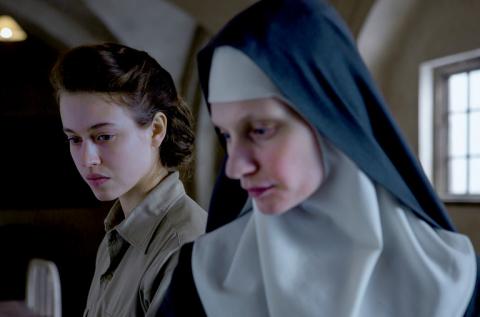
Much of Anne Fontaine’s blistering film “The Innocents” is set within the walls of a Polish convent in December 1945, just after the end of World War II. What at first appears to be an austere, holy retreat from surrounding horrors is revealed to be a savagely violated sanctuary awash in fear, trauma and shame. The snow-covered, forested landscape of the convent is photographed to suggest an ominous frontier that offers no refuge from marauding outsiders.

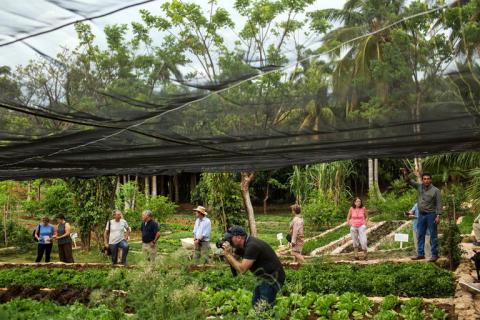

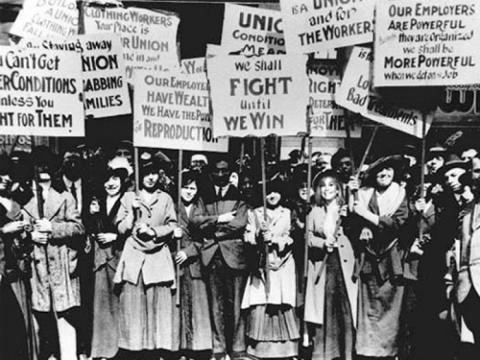
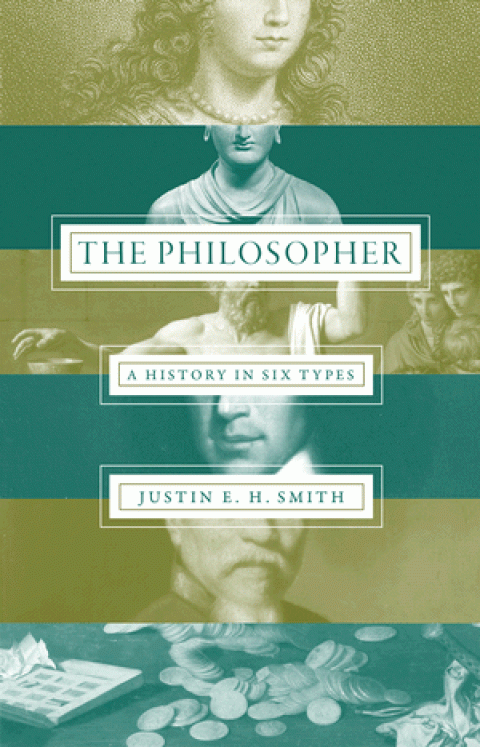
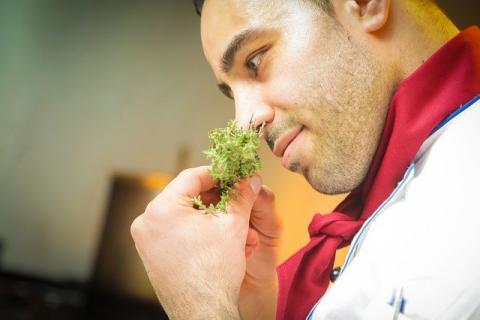
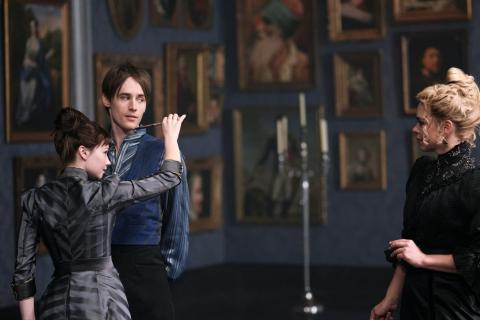
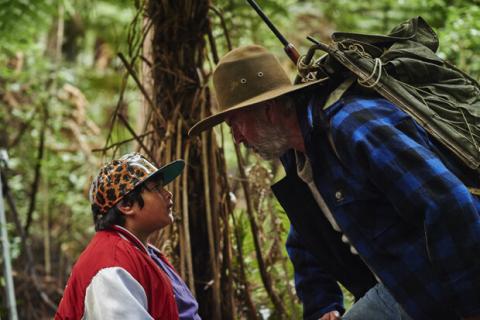
Spread the word